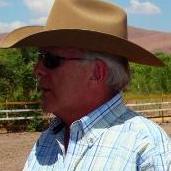-
Recently Browsing 0 members
- No registered users viewing this page.
-
Similar Content
-
- 59 replies
- 4,480 views
-
- 20 replies
- 1,426 views
-
- 51 replies
- 3,619 views
-
- 27 replies
- 3,328 views
-
- 129 replies
- 7,891 views
-






Recommended Posts